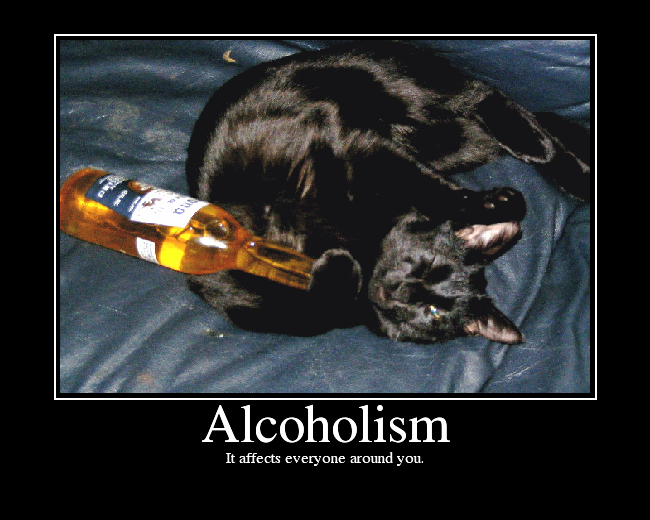Drinking too much can hurt your health. Exorbitant alcohol use resulted in roughly 88,000 deaths for around http://www.healthline.com/health/alcoholism/basics 2.5 million years of future life lost every year in the United States from 2006-- 2010, shortening the lives of those who died by approximately 30 years. Further, extreme drinking was responsible for 1 in 10 deaths among working-age women and men aged 20-64 years. The economic expenses of excessive alcohol use in 2006 were approximated at $223.5 billion, or $1.90 a drink.
What is a "cocktail"?
In the United States, a basic drink contains 0.6 ounces (14.0 grams or 1.2 tablespoons) of pure alcohol. Typically, this amount of pure alcohol is found in.
12-ounces of beer (5 % alcohol material).
8-ounces of malt liquor (7 % alcohol material).
5-ounces of wine (12 % alcohol content).
1.5-ounces of 80-proof (40 % alcohol content) distilled spirits or liquor (e.g., gin, rum, vodka, bourbon).4.
What is extreme drinking?
Excessive drinking consists of binge drinking, heavy drinking, and any drinking by pregnant women or people younger than age 21.
Binge drinking, the most common type help for alcoholics of drinking, is defined as consuming.
For ladies, 4 or more beverages throughout a single celebration.
For guys, 5 or more beverages during a single celebration.

Heavy drinking is defined as consuming.
For ladies, 8 or more beverages each week.
For guys, 15 or more drinks each week.
Most people who drink excessively are not alcoholics or alcohol reliant.5.
What is moderate drinking?
The Dietary Guidelines for Americans specifies moderate drinking as no more than 1 beverage per day for women and no more than 2 drinks each day for guys.4 However, there are some persons who must not drink any alcohol, consisting of those who are:.
Pregnant or aiming to become pregnant.
Taking prescription or non-prescription medications that may trigger dangerous reactions when combineded with alcohol.
Younger than age 21.
Recovering from alcoholism or are not able to control the quantity they drink.
Dealing with a medical condition that might be worsened by alcohol.
Driving, planning to drive, or participating in other activities needing ability, alertness, and coordination.
In addition, no one should start drinking or drink more based on prospective health advantages.4 By adhering to the Dietary Guidelines, you can minimize the risk of harm to yourself or others.

